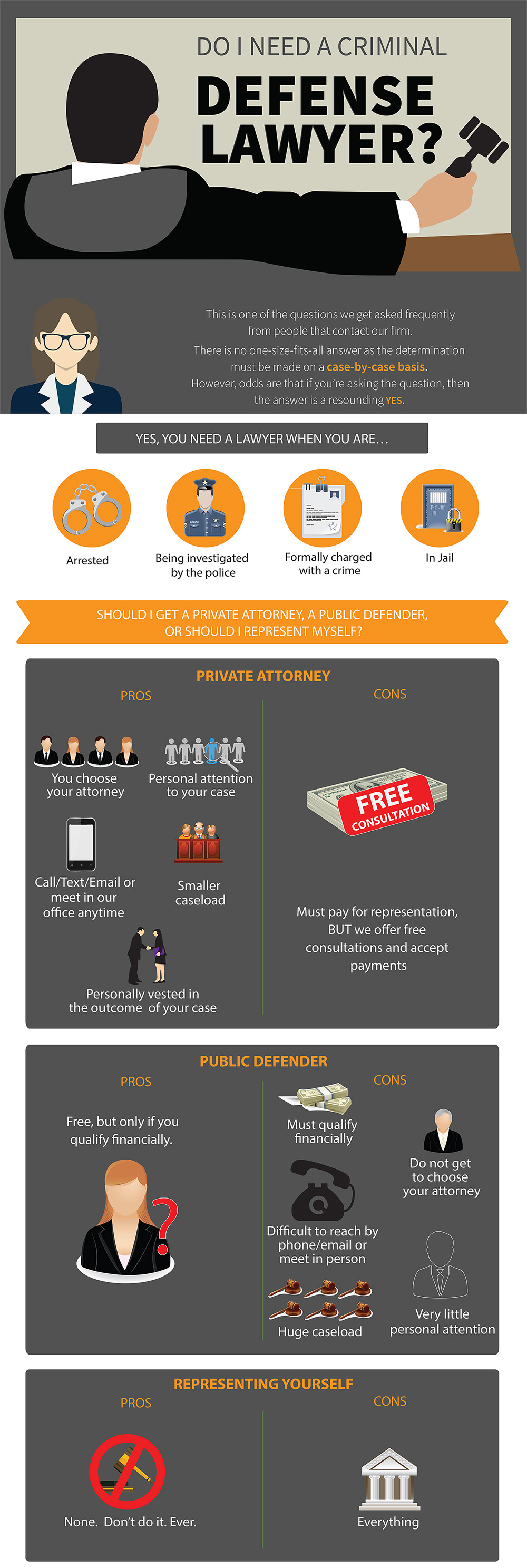Navigate The Ins And Outs Of Legal Language With The Support Of A Seasoned Criminal Law Professional, Clarifying Essential Principles For A Deeper Understanding Of The Regulation
Navigate The Ins And Outs Of Legal Language With The Support Of A Seasoned Criminal Law Professional, Clarifying Essential Principles For A Deeper Understanding Of The Regulation
Blog Article
Content Author-Suhr Bladt
Comprehending lawful jargon is crucial for navigating the legal system efficiently. It encourages you to connect effectively with attorneys, grasp instance complexities, convey exact meanings, and comprehend requirements of evidence in criminal cases. See to it to acquaint yourself with crucial terms and break down intricate terms right into simpler elements. Take note of prefixes, suffixes, and root words in lawful terms. Consulting trustworthy legal thesaurus or on-line sources can additionally be useful. Mastering these skills will offer you a strong structure to navigate the intricacies of the legal world.
The Relevance of Understanding Legal Lingo
Comprehending lawful lingo is necessary for navigating the intricacies of the lawful system effectively. When you encounter terms like 'pro se,' 'voir dire,' or 'habeas corpus,' it can be frustrating. Nevertheless, taking the time to grasp these terms will equip you to connect effectively with attorneys and understand the details of your instance.
Legal jargon isn't practically appearing innovative; it serves an important objective in sharing precise significances. For example, the term 'past a practical question' has a particular lawful definition that can make or damage a case. By recognizing this term and others like it, you can better comprehend the criteria of proof called for in criminal cases.
Additionally, recognizing legal jargon can help you make educated decisions about your lawful matters. Whether you're preparing a contract, reviewing a court file, or seeking legal recommendations, having a grasp of lawful terminology will enable you to support on your own better. So, don't avoid learning legal lingo; it's an important device in your legal arsenal.
Generally Misunderstood Legal Terms
Navigating the lawful landscape can come to be tough because of misconceptions surrounding specific legal terms. Terms like 'possible cause' and 'past a practical doubt' are generally misconstrued. 'Probable trigger' refers to the degree of suspicion required for police to make an arrest or conduct a search. It isn't as high as the criterion of evidence required for a conviction.
Comprehending this distinction is crucial in knowing your civil liberties during cops communications. On the other hand, 'beyond a reasonable doubt' is the high standard of evidence called for in criminal instances to convict an offender. https://jewishchronicle.timesofisrael.com/former-attorney-daniel-muessig-sentenced-to-five-years-for-dealing-drugs/ think it indicates absolute certainty, but in reality, it implies the proof must be so persuading that there's no reasonable uncertainty in the mind of an affordable person that the accused is guilty.
Practical Tips for Navigating Legal Language
To effectively navigate legal language, familiarize on your own with key terms and ideas. Begin by breaking down complicated terms right into easier components. Pay attention to prefixes and suffixes, as they can provide clues to the meaning of a word. Furthermore, search for root words that are frequently utilized in lawful terminology. Comprehending these basics will certainly help you understand the context in which various terms are made use of.
When faced with strange terms, don't think twice to consult trustworthy lawful thesaurus or on-line resources. These tools can use meanings and explanations that clear up the definition of particular terms. Moreover, consider looking for advice from lawyers that can offer understandings tailored to your circumstance.
Practice active analysis when examining legal records. Make note, highlight vital terms, and ask questions to guarantee you understand the web content thoroughly. If recommended site run into ambiguity, look for clarification without delay to stay clear of misunderstandings.
Conclusion
In conclusion, understanding lawful lingo is important in navigating the complexities of the lawful system. By debunking typically misconstrued terms and following sensible pointers, you can with confidence browse the globe of criminal legislation.
Much like an experienced investigator figures out hints to fix an enigma, understanding legal language equips you to advocate for yourself or others successfully. Keep unraveling the enigmas of lawful lingo to unlock justice and shield your rights.
